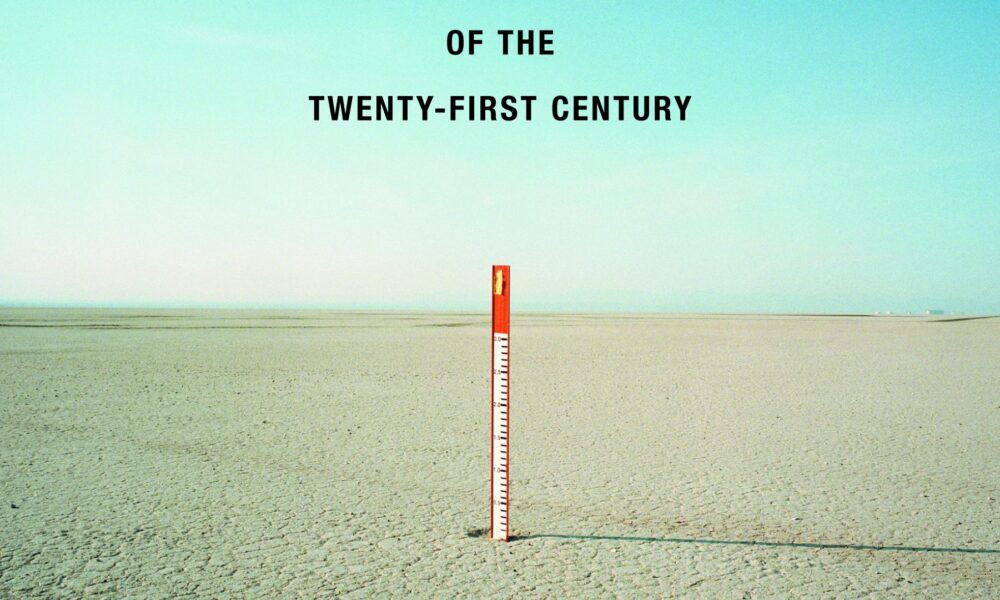

"A River Runs Through It" concerns primarily your brother Paul and your father, your family, and a brother-in-law. Studs Terkel Throughout in all three stories, we'll come to the other two in a moment, but let's stick with the first one first. Norman Maclean Well, Studs, I say it's a depiction of a time-all three stories are roughly, that I call the end of history, when for most of history there were no roads through the woods, or not many, and very few trails, and everything was hand and horse, and there are no cats and no Jeeps and no power saws, and cross-cut saws, and it was a world that was infinitely beautiful and very tough, and it's hard at times to tell the toughness from the beauty, it was a tough kind of beauty. Studs Terkel It's also a reflection of a very beautiful story, but a reflections also of another time, isn't it, of a certain kind of craftsmanship and pride and passion. Norman Maclean My father and I for whatever comfort we could find in life. And it was deep in our particular way of life, and at the end it's just when my brother is murdered, I was about-it's one of the few things, fishing is one of the few things we have left in the way of religious comfort. It would be as I say, it's very hard in my family to know where fishing and religion left off, and steep, of course fishing is very deep in the Bible itself. Norman Maclean Oh yes, and mine, too, I think. Studs Terkel But the fishing was almost an extension, was it not, of his theology. Great rivers like the Blackfoot and Flathead and the Bitterroot, all great trout streams, and my father was a Presbyterian minister who believed that his job to his church was done when he preached two good sermons on Sunday, and he left the church to my mother after that, and then he and his two sons went fishing. Norman Maclean Well, this is in western Montana, actually, near Missoula, Montana, and not far from Idaho on the western slopes of the continental divide, in the heart of a very great trout fishing country. But I suppose we start at the beginning, where this was and your relationship to your brother Paul.

Studs Terkel And this is how the story opens, so it's really in a way the story about you and your brother Paul, and your father the Presbyterian minister, and women of your family, and fishing. He told us about Christ's disciples being fishermen, and we were left to assume, as my brother and I did, that all first-class fishermen on the Sea of Galilee were fly fishermen and that John, the favorite, was a dry fly fisherman." We lived at the junction of great trout rivers in western Montana and our father was a Presbyterian minister and a fly fisherman who tied his own flies and taught others. Norman Maclean "In our family there was no clear line between religion and fly fishing. "A River Runs Through It and Other Stories", and Mr. The theme you might say of these stories might be the fusion of art and life, and published by the University of Chicago Press.

Publisher: Granta Books ISBN: 9781846276484 Number of pages: 336 Weight: 237 g Dimensions: 198 x 129 x 20 mm You may also be interested in.Studs Terkel There are three beautiful short stories, a couple of might be called novellas, written by Norman Maclean, who has just retired as Professor of English, University of Chicago after many years, and the stories really are based upon memory. This landmark work, from a respected and accomplished scientist, will transform the way we view the water in our reservoirs and rivers, and change the way we treat the water in our taps. But he offers us hope for the future - if we can radically revolutionise the way we treat water, and take personal responsibility for the water we use. His powerful reportage takes us to places where waterways are turning to sand before they reach the ocean where fields are parched and crops no longer grow where once fertile ground has turned to desert where wars are fought over access to water and cultures are dying out. In When the Rivers Run Dry, Fred Pearce explores the growing world water crisis, from Kent to Kenya. But with 7.5 billion people competing for this single unevenly-distributed resource, the planet is drying up.


 0 kommentar(er)
0 kommentar(er)
